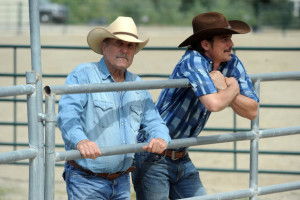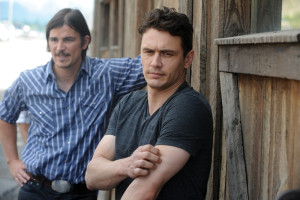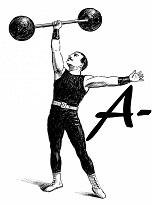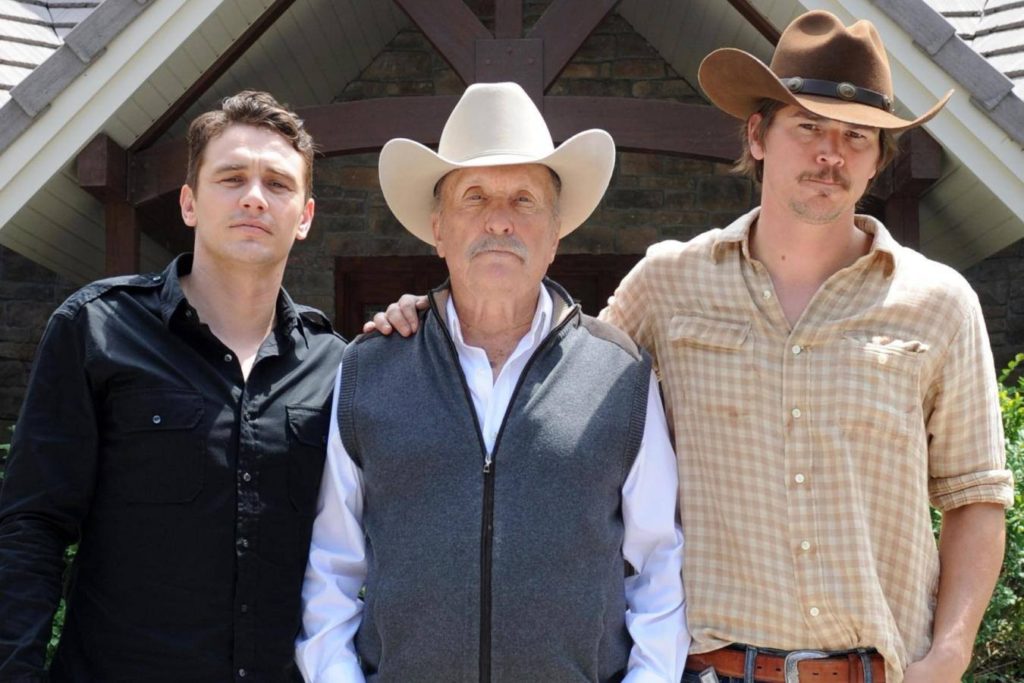From its first frame, the 2015 drama “Wild Horses” has our attention. This is a film that honors the #1 hallmark of independent films, a movie that immerses its viewers completely in its world almost as completely as its actors lose themselves to their roles. The film is described as the reopening of a case of a missing person from 15 years earlier, involving, possibly, a local rancher. However, what we find is a movie about a host of characters looking for redemption and acceptance, and a father hiding from mistakes he made long ago. This film, directed, written by, and starring Robert Duvall, is interested in painting a landscape and in character exploration over action and intrigue. And the film is all the better for it.
“Wild Horses” takes place in Texas, on a ranch that is in seemingly close proximity to an unpatrolled area of the U.S. border, and fluctuates often between shots of its aged rancher Scott Briggs (Duvall) threatening Mexicans who try to cross the river, sandwiched in-between his overseeing the training of horses on his ranch, or a brutal scene toward the film’s beginning where he runs his own son off the property when he catches him in a romantic tryst with another man, heeding him to “Read his bible.” And while these ideas run tandem to several discussions in current political discourse, this film intends to make no political statements, only human ones.
“Wild Horses’s” cinematography is shot by a man named Barry Markowitz, who is known for 2000’s “All the Pretty Horses,” and is no stranger to shooting

America’s Midwestern landscape. “Horses” is here basked in a perpetual sunlight, Briggs’ ranch cast in the same type of lazy, late summer gold that also lines the its Texas roads, houses, and landscapes. It’s a purposeful filming, and immerses viewers in its experience, in the same way that makes films such as “Joe” or “All the Real Girls” by David Gordon Green so effective. This is sandwiched in-between municipal settings such as shopping center parking lots, and the police station which houses the Texas Rangers. Some of “Horses” characters are cooperative with the Rangers. Other denizens, such as first generation Mexicans, are less so. The film focuses on one Ranger in particular, Samantha, played by Luciana Pedraza with an integral yet tough-as-nails veneer one might expect from a woman working as a cop in this backwoods setting. “A lady ranger,” Briggs states, explaining he’s never seen one before. “Yeah, they even let us vote now too,” she replies, not biting or sarcastic, but almost as a reflex.
This film is carried by its acting. Duvall is here perfect, and from his opening scene you really forget you are watching an actor you know well for his dynamism and powerhouse performances. There is no hint of other characters here, as you can’t possibly like Scott Briggs that much, but can’t really hate him. His speech, along with others in this film, flows in a purposeful, slow drawl. Alongside him are his three sons, played by Devon Abner, Josh Hartnett (KC Briggs), and James Franco (Ben Briggs). Hartnett does an excellent job disappearing into his role, leaving no trace of more popular romps such as “Pearl Harbor” or “40 Days and 40 Nights.” Of the cast, thought, I was most impressed with Franco, who I haven’t seen in a serious role with any depth since 2002’s “City by the Sea.”
 Both Franco and Hartnett have different relationships with their father; the former who attempts to repair a relationship tainted by his father’s homophobia and the latter who works for a serious place in his father’s heart. All three actors have a chemistry together that makes the proceedings that much more believable. Tension runs beneath the family dynamic; but every time “Horses” threatens to become dramatic or ‘Hollywood,’ it pulls back, its independent focus notably clear. That Duvall was able to co-write a script, and direct a project with such a clear focus only makes the film that much more impressive.
Both Franco and Hartnett have different relationships with their father; the former who attempts to repair a relationship tainted by his father’s homophobia and the latter who works for a serious place in his father’s heart. All three actors have a chemistry together that makes the proceedings that much more believable. Tension runs beneath the family dynamic; but every time “Horses” threatens to become dramatic or ‘Hollywood,’ it pulls back, its independent focus notably clear. That Duvall was able to co-write a script, and direct a project with such a clear focus only makes the film that much more impressive.
The plot that runs alongside the proceedings is important, but in a way that works to tie the story together, and, aside from stating it centers on Samantha attempting to solve a cold case of a missing boy from 15 years prior, is less important than the overall picture “Horses” creates. With solid acting, wonderful cinematography, and a tight lens, this is an unexpected and rewarding find that has yet to garner much of any attention from critics. While slow-paced, it never waivers, and ends in a believable, thought provoking way. If you love independent films, or can tolerate slow-moving dramas for what’s underneath, you should give “Wild Horses” a try.
-by Mark Ziobro


